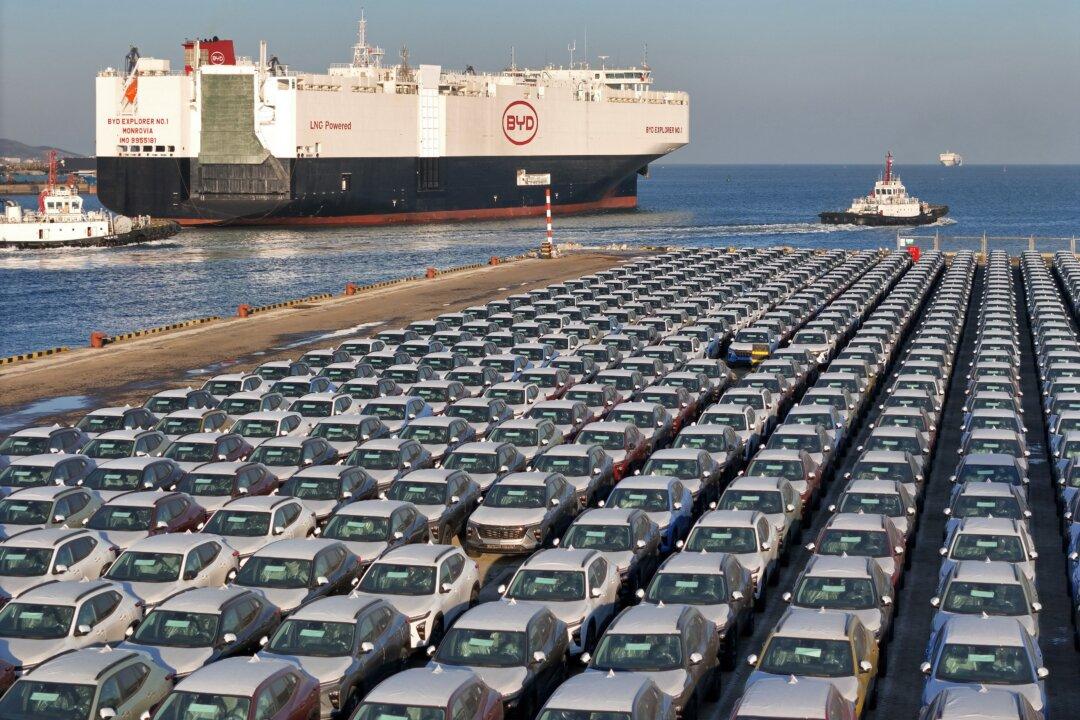The China Automobile Dealers Association (CADA) filed an emergency report on Sept. 23, reporting 138 billion yuan ($19.55 billion) in losses in the first eight months of 2024.
Car dealers were forced to sell new cars at steep discounts, and the August discount rate stands at 17.4 percent.





